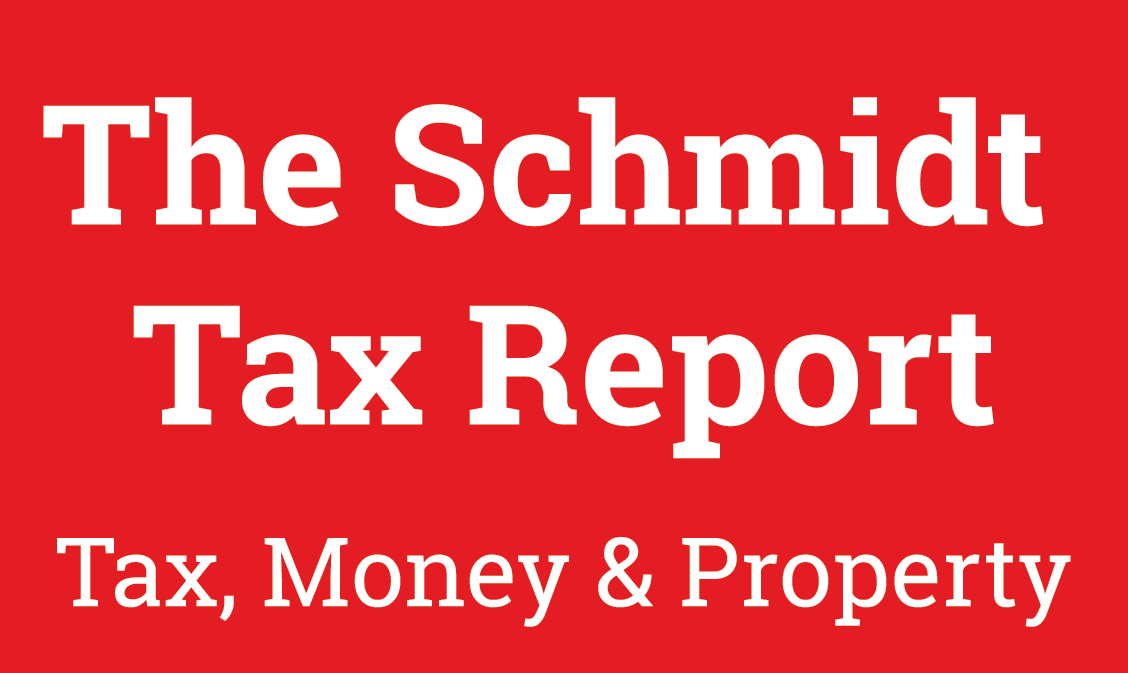“There is a serene and settled majesty to woodland scenery,” said Washington Irving, “that enters into the soul and delights and elevates it, and fills it with noble inclinations.” For British investors, part of that serene and settled majesty has to be the amazing tax breaks on offer.
The tax tail should never, of course, wag the investment dog. Nevertheless, before I go into all the financial reasons why you may like to consider buying or planting a forest, let me summarise the available tax breaks: the income from timber sales is tax-free, the capital gain from the investment is tax-free and – if arranged properly – the asset can be passed to your heirs tax-free. Yet, although forestry is highly tax advantageous, there is another solid reason to invest: performance. Over the last decade, it has proved itself one of the best-performing asset classes. And, when I say best-performing, I mean best-performing! During a period when the stock market showed an average gain of around 7% a year, woodland returned a staggering 19%. Moreover, if you go back over 25 years or so the returns still work out at around 9%.
Of course, given that the price of woodland has been rising steadily since the economic downturn, it is not surprising that total returns have been so high. So, what about annual yield? UK timber prices are determined by a wide variety of factors, including the strength of the pound, the state of the UK economy and the state of the world economy. So, although the price of British timber fell by around 10% in the last six months of 2015, the drop is not worrying long-term investors. Moreover, the growth in house construction in the UK is likely to push up demand for UK timber in the coming years.
I would summarise the non-tax benefits of investing in forestry as:
- excellent prospect of above-average returns
- reassurance of knowing your money is invested in a physical asset
- low risk: the market for timber has been steadily growing and there is every reason to believe the rising demand will continue
- availability of generous government grants
- it is an ethical investment
- it would make a sound addition to a pension fund.
Incidentally, there is also the longer-term potential of extra windfalls from carbon credits.
There are potential downsides, of course. It has to be remembered that forestry is not a liquid asset and that if you wish to dispose of an investment – whether held directly or indirectly – you may not be able to do so immediately. Furthermore, to optimise your gains you should probably think medium to long term – certainly 10 years.
So, how should you invest? There are various indirect options. To begin with, you could consider one of the forestry funds, such as those offered by FIM or Stellar Asset Management. There is also the London listed iShares Global Timber and Forestry ETF. Alternatively, you could make a direct investment. To purchase a really profitable, well-managed forest producing the sort of average returns mentioned above you really need upwards of £750,000. Having said this, if you are less concerned about income, it is possible to purchase small parcels of woodland for as little as £7,000 an acre. This should still show a slow but steady capital gain and you may be able to generate income from sporting rights, campsites, firewood and so forth. With any direct holding, do bear in mind that you will have to allow money for maintenance, insurance, drainage and – if you are selling timber – transport.
There are a number of specialist forest management companies (see below) that will only be too pleased to look after everything, from helping you to choose appropriate land to ongoing management. One decision you will need to take is whether to go for bare land or semi-mature forest. The stock of bare land has been rising because of competing land uses and speculative investment.
Woodland Investment Management
Tel: 020 7737 0070
www.woodlands.co.uk
Wildlife Woodlands
Tel: 01579 343727
www.wildlife-woodlands.com
Savills
Tel: 020 7499 8644
www.savills.co.uk
Small Woods Association
Tel: 01952 432769
www.smallwoods.org.uk
The Forestry Commission
Tel: 0300 067 4321
www.forestry.gov.uk
